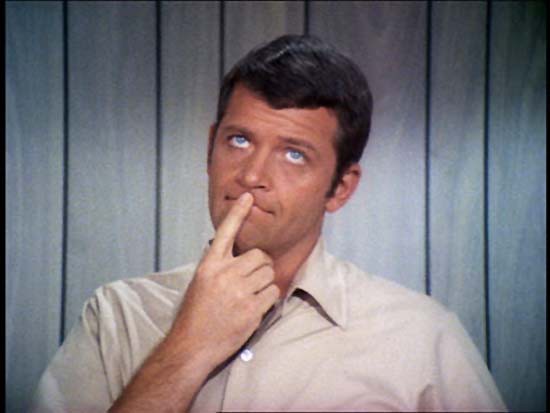“Disappearing Dad Disorder”

I had started dating C a couple years ago, during the fall when fathers began vanishing from out of their comfortable, middle-class homes. For the first few weeks, local newscasters read out the list of the newly vanished each night along with the location in which they were last seen, and it sounded like they were reading from a master catalogue of legitimate, reasonable names, names like “Peter” and “Steve.” Ted Hartwell, Matt Skofield, Dennis Galp. None of them knew each other, and there was nothing to link them except that they were all equally average. Telephone poles and store windows went white with fliers depicting men in interchangeable hairstyles, clad in polo shirts, all traces of fun leeched from their faces long ago. They wore confused expressions in the pictures selected by their family members, as if none of their kin had cared to warn them that photographs were going to be taken. Their confusion made it seem as though they had been lost for a long time, much longer than they had been gone.
The newsanchors called it “Disappearing Dad Disorder.” For months nobody knew where the dads had gone, whether they had been stolen or had stolen themselves, victims of self-napping. Then last January dads started turning up, one by one. Good Samaritans found them wandering dazed in shopping malls five towns over, malls that were not their own but resembled their own to an uncanny degree. They would return to familiar stores like the Gap and try to buy khakis with little scraps of paper that they had collected from obscure places. They sat on the mall benches and closed their eyes, waiting for someone to claim them. Often they wore clothes identical to the ones they had disappeared in, identical but fresh-smelling, like they had been laundered or even bought new in the same sizes and colors. They were confused and quiet, preferring to stare off into the distance or fiddle with a keychain instead of engaging with those around them, those who asked them gently: Are you lost? Is your family looking for you? Do you have a number we can call? When questioned about their disappearance, whether they left or had been taken, who had taken them, did they remember his face, height, manner of dress, was it someone they knew from work, from home, from the bowling league, from the auto repair shop, was it many people, an organization, a religious group, a band of criminals, a league of sexual predators, the missing dads reproduced, with slight variations in phrasing, a single sentence: Sometimes you’ve just got to be content with things the way they are.
Electric Literature has an excerpt from Alexandra Kleeman’s new book, You Too Can Have A Body Like Mine, and I can’t stop thinking about the above passage. Dads are such mysterious creatures, both in real life and in fiction! There’s also this excellent interview with Alexandra, let’s just read about her all day.